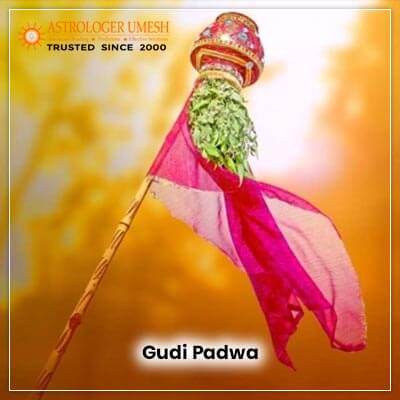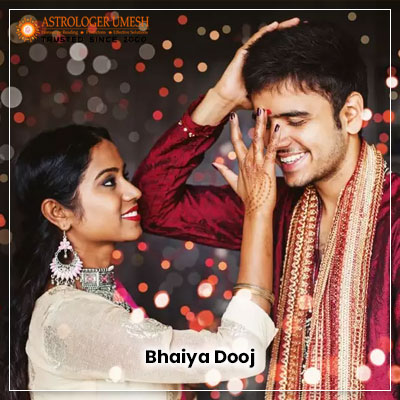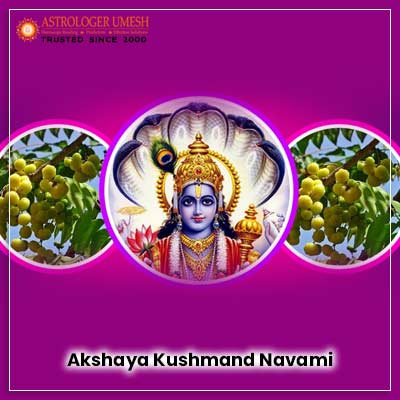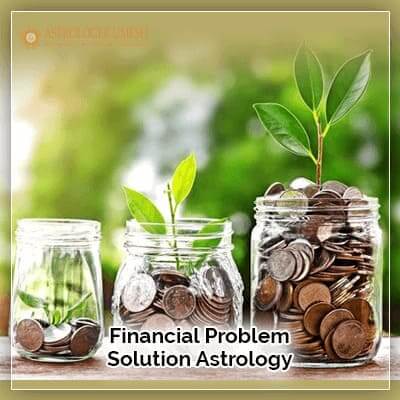Gudi Padwa

Gudi Padwa: A Festival Of Cultural Vibrancy
A festival of springtime known as Gudi Padwa is a traditional festival for Maharashtrians and Konkani Hindus besides being celebrated by other Hindus across different places in India, such as Maharashtra, Goa, and the union territory of Daman. According to the lunisolar method of the Hindu calendar, the festival holds its religious value as it marks the beginning of the New Year and falls on the first day of the Chaitra month.
How Is Gudi Padwa Celebrated?
The festival of Gudi Padwa is celebrated with boundless enthusiasms of devotees. Gudi and Padwa both are the words signifying “flag of Lord Brahma” and “the first day of the lunar” respectively. This means to say that the festival holds its religious values among the devotees. In the Marathi language, when the lunar appears on its first day of the bright phase, it is called Gudi Padwa.
The celebration involves a customary oil bath which is practiced as the day of the Festival starts. Devotees decorate their abodes and wear new clothes. One of the chief attractions during the festival is rangoli which is made with colors and flowers.
Embrace Prosperity: Book Your Ganesh Puja Today! Experience Divine Blessings and Abundance. Reserve Now!
What Is The Significance Of Gudi Padwa?
The most notable sign of Gudi Padwa is that the spring-time festive season marks the beginning of the New Year and some mythological values that it denotes. For example, the legend has it that this day Lord Brahma fostered the universe and gave a formulation of days, weeks, months, and years.
The festival is also significant as it stands for “flag of the victor” and “Pratipada Tithi”. Another event that underscores the importance of Gudi Padwa is that on this day beginning of The Satya Yuga took place. Since the advent of Gudi Padwa is also the harbinger of reaping of Rabi crops, therefore, the festival holds its value based on this fact as well. Ganesh Puja is our premium puja that offers useful for customers who want to attain wisdom and knowledge in life. Consult us for more details.
Why Is Gudi Padwa Celebrated?
The most important reason why Gudi Padwa is celebrated is associated with the fact that Lord Brahma created the universe on this day. Moreover, the lord also brought forth the concept of days, weeks, months, and years on the day which later was emerged as Gudi Padwa. This lends gravity to the fact of why Lord Brahma is worshipped during Gudi Padwa.
One of the other legends associated with the festival of Gudi Padwa is that the festive season is symbolic of the victory of Lord Rama over Ravana. The subjects of Ayodhya celebrated the return of Lord Rama to the kingdom after completing fourteen years of exile, thus marking the event as Gudi Padwa later in the course of history.
Major Attractions Of Gudi Padwa:
- Gudi is a flag made out of a bamboo shoot and a bright colorful silk scarf.
- Popular dishes to be prepared during the festival include KothimbirVadi, BatataVada, SabudanaVada, Chakli, PooriBhaji, BatataBhaji, and Masala Bhaat.
- Devotees perform ritualistic holy baths, offer prayers to the lord, décor the entrance of their houses with rangoli and floral torans.
- The festival also marks the beginning of ShalivahanShaka.
- Gudi originated from the incident involving the victory of Lord Rama over Bali.
- The festival of Gudi Padwa is also known as Ugadi.
- Lord Sun, leaves of neem, Purpoli, flag worshipping, and argha are some of the key things which hold extreme values during the festival.
Winding-Up
The festival of Gudi Padwa is one of the most popular festivals celebrated especially by Maharashtrians and Konkani Hindus. The festival is famous due to its vibrancy and representing cultural values. The devotees celebrate the festival with boundless enthusiasms, offering their prayers to Lord Brahma. It is believed that the Lord created the universe during the day.
Elevate Your Spiritual Journey: Book Navgrah Puja Today for Balance and Harmony. Don’t Miss Out!
Don’t Forget To Read:
Holi Festival and Maghi Poornima































